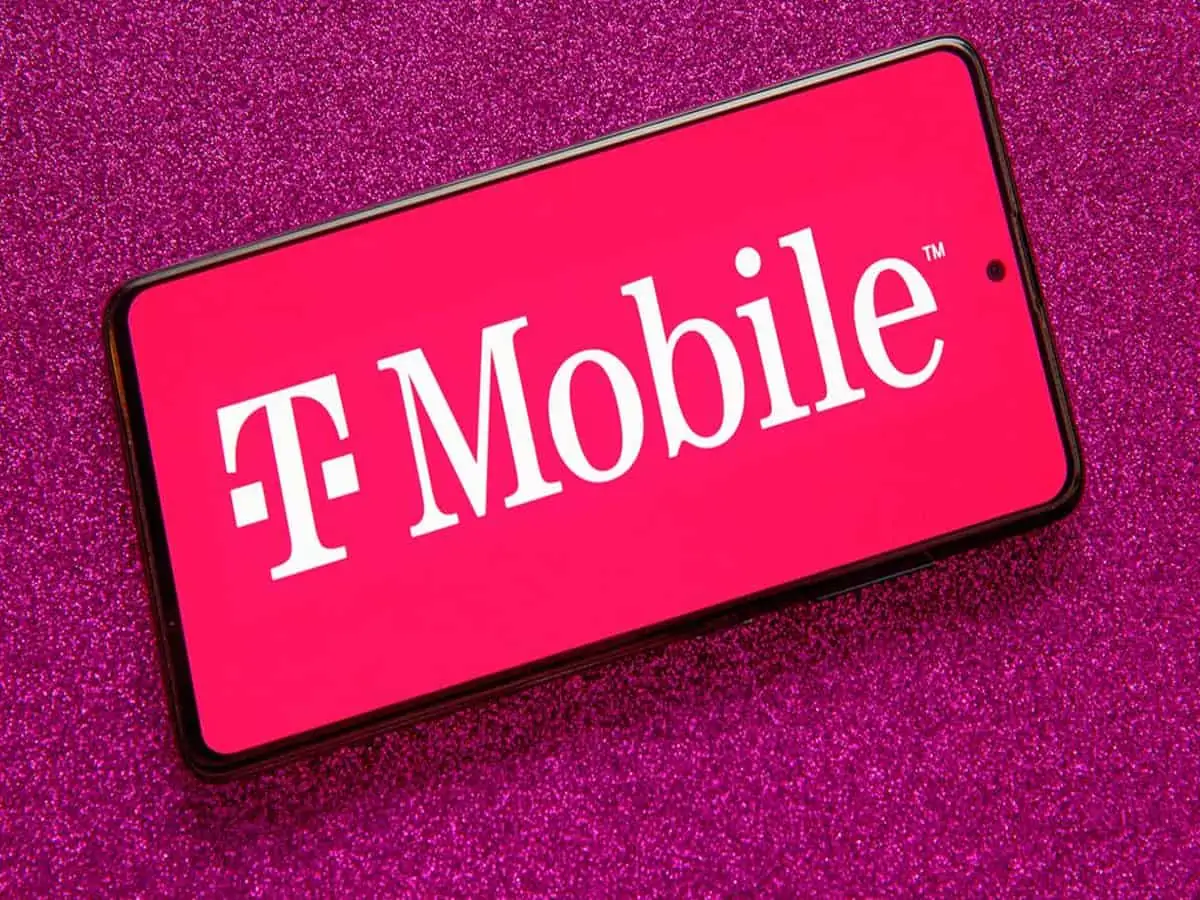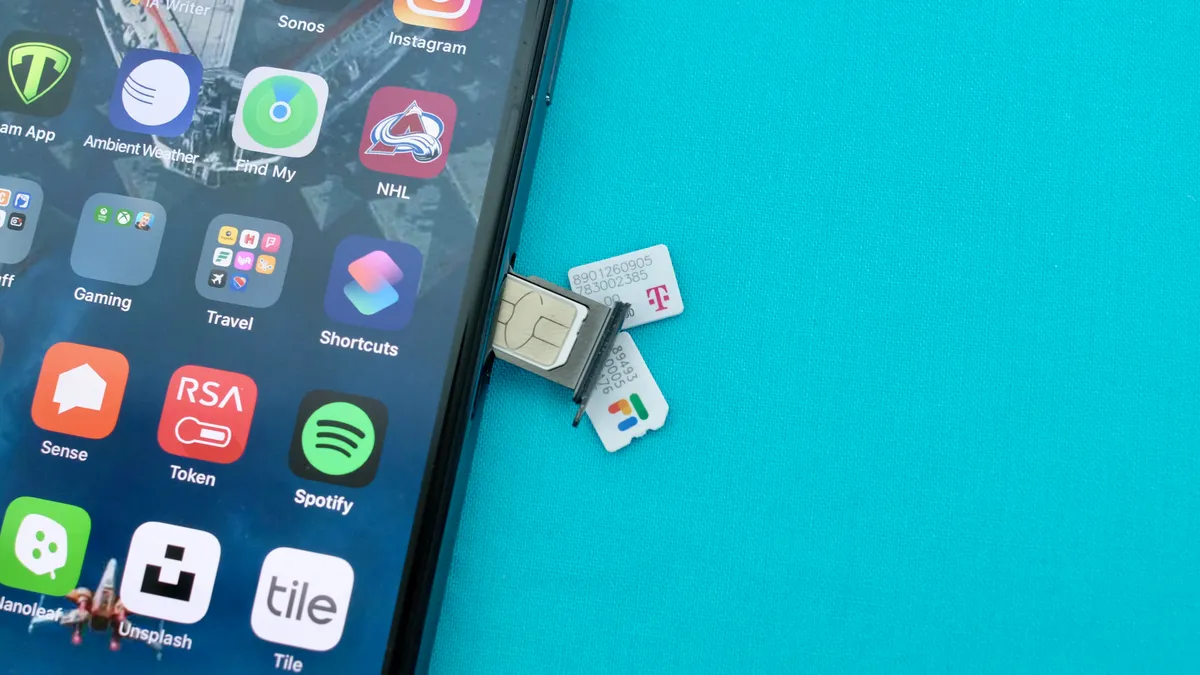In a digital age where personal security is as precious as gold, a T-Mobile subscriber’s harrowing escape from a SIM swap scam sheds light on the vulnerability of our digital lives. Last month, we reported on a woman who lost $17,000 to a SIM swap fraudster.
Now, a similar story emerges from a T-Mobile customer who shared his ordeal on Reddit, offering a cautionary tale and vital lessons on how to combat this growing menace.

T-Mobile: A Nefarious Scheme Unfolds
The incident began innocuously, with the T-Mobile subscriber receiving an email notification about a completed SIM change—a request he never made. The realization that his iPhone’s eSIM was deactivated sent him into a panic. The urgency of the situation propelled him into immediate action, leading to a crucial hour-long conversation with T-Mobile’s customer service, who unraveled the scheme’s details.

Insider Involvement: A Recurring Theme
The scammer, masquerading as the victim, had waltzed into a T-Mobile store, merely 15 minutes away from the victim’s residence, and walked out with a new SIM card activated under the victim’s number. This fraudulent SIM swap effectively handed over control of the victim’s digital identity, allowing the thief to intercept bank alerts and attempt extravagant purchases with the victim’s accounts. The sophistication of the scam pointed to a disturbing possibility: the involvement of insiders within the carrier’s stores, who facilitate these swaps for financial gain.
tmobile employee engaged in identity theft
byu/newengineerhere intmobile
The Race Against Time
As the victim engaged with T-Mobile to rectify the situation, his bank began to flag fraudulent transactions. The scammer had altered the security settings on the banking app, initiating purchases that totaled over $10,000. It became a race against time to regain control before the thief could inflict further financial damage. The resolution came only after the victim physically visited a T-Mobile store, bypassing the usual verification protocols that had previously allowed the scammer to maintain control.
@TMobileHelp I recently has my phone number hijacked via sim swap scam. Thankfully the US based support team was able to help. The overnight team not so much. Reading reddit there seems to an uptick in these SIM-Swap scams. Is t-mobile doing more to protect peoples accounts?
— Elliot Powell (@reflux83) March 2, 2020
Carriers’ Role in Preventing SIM Swap Fraud
This incident underscores a critical vulnerability in the current system of SIM swaps, particularly those conducted in-store. The absence of a verification text to the original device owner before a SIM change is approved is a glaring loophole that carriers like T-Mobile must address. Implementing a mandatory verification process for all SIM swaps, regardless of where they are initiated, is a crucial step towards fortifying subscribers’ security against such frauds.
A Call to Action for All Carriers
The onus is on all carriers to immediately implement measures that make SIM swaps a fortress against thieves. Sending a preemptive verification text before any SIM change—demanding an affirmative response from the device owner—should become an industry standard. This proactive approach can significantly reduce the incidence of SIM swap fraud, protecting subscribers’ financial and personal information from falling into the wrong hands.

Lessons Learned: Vigilance is Key
For subscribers, this tale serves as a stark reminder of the importance of vigilance in protecting our digital identities. Awareness of the signs of a SIM swap scam, coupled with prompt action, can mean the difference between security and disaster. As we navigate our increasingly digital lives, the partnership between carriers and subscribers in upholding security measures is more crucial than ever.
In conclusion, while the T-Mobile customer’s narrow escape from a SIM swap scam is a relief, it highlights a pressing need for systemic changes in how SIM swaps are conducted. It’s a call to action for carriers to bolster their defenses and for subscribers to remain ever watchful, ensuring that our digital lives are shielded from the predations of modern-day digital thieves.










